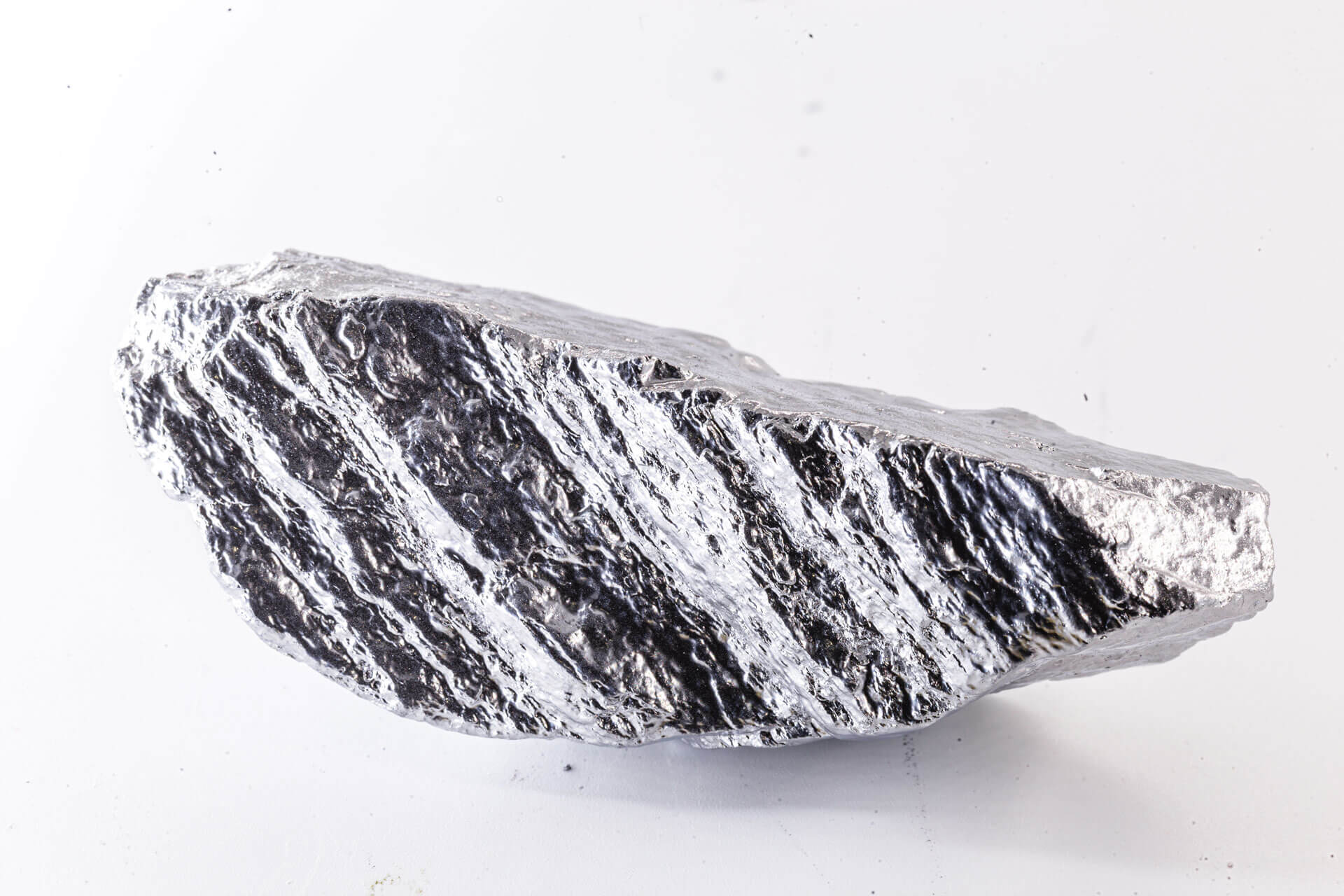UNITED KINGDOM January 02 2015 2:26 PMTweet
LONDON (Scrap Register): The BIR world recycling organisation has welcomed OECD proposals of multilateral action to counter the harmful impact of export restrictions on steel-making. The advice was given at an OECD workshop in Cape Town on December 11 which highlighted the detrimental effects of such export restrictions and the efficiency gains to be made from their simultaneous removal both upstream and downstream of steelmakers.
It was strongly argued in Cape Town that export restrictions introduced to protect a national metals industry's primary and secondary raw material supply could actually jeopardise the viability of, respectively, the mining and the scrap supply sector. The access to cheap domestic scrap created by export restrictions could lead to uncompetitive plants remaining in operation and could serve as a deterrent to investment for the future. Furthermore, such restrictions placed governments in the position of arbitrating between industry sectors across the same value chain.
Making the use of export restrictions more transparent was the first step proposed towards their removal because only then could alternative policies to achieve the same objective be determined. Indeed, the best way forward was the simultaneous multilateral removal of export restrictions. The time was ripe for such action, it was said, in order to seize the opportunity created by the oversupply of steelmaking raw materials in the next few years.
In comparison to other industries, the steel industry is most affected by trade-restrictive measures, and the risk of trade friction in the global steel industry has increased of late. The industry is particularly susceptible to protectionist measures owing to its well-known history of subsidies and excess capacity. It was explained in Cape Town that the most common reasons given for introducing export restrictions were to strengthen the competitive position of national processing industries and to enhance government revenues. As regards the latter, better alternative policies existed that did not deter investment, it was stated. Regarding trade defence instruments, steel accounts for: over 40% of Countervailing Duty Initiations; for nearly a quarter of anti-dumping cases; and for over 15% of safeguard actions. The OECD saw the need was now to avoid further escalation of trade actions.
"While the trend towards more export restrictions is currently the case, this OECD workshop has now made the case for multilateral action to reduce such restrictions in order to benefit the steel industry worldwide,” comments BIR Environmental & Technical Director Ross Bartley, who attended the workshop. "The slower alternative is for countries to remove export restrictions though bilateral trade agreements. The difficulty is that almost all steelmakers and their governments would need to be convinced of the benefits to take multilateral action, and to take that multilateral action in order to get those increased benefits to more steelmakers more quickly.”
Organised jointly by governments participating in the OECD Steel Committee and by South Africa's Department of Trade and Industry, the Cape Town workshop brought together almost 100 representatives from governments and the steel industry value chain with the aim of: assessing emerging market trends and policy developments affecting trade in steelmaking raw materials; achieving a better understanding of the impacts of trade-restrictive raw material policies on the global steel industry; and exploring policy approaches that would improve the longer-term efficiency and functioning of these markets. Eric Harris, Associate Counsel/Director of Government & International Affairs at BIR's US member ISRI, actively participated in two of the panel discussions.
It was also noted at the event that local export restrictions were often being justified on the basis of historical experiences of the industrialisation of Europe and North America, but that such experiences did not match current business practices. The overriding conclusion was that worldwide export restrictions had been more effective as an investment deterrent than as an industrialisation incentive.
OECD modelling has showed that the simultaneous abolition of export restrictions on all major steel raw materials would increase trade, reduce steelmaking production costs and expand the global supply of steel inputs. And there would be a dual benefit if the steelmakers in the countries facing relief from restrictions were also exporters.



